Proper sports nutrition plays a vital role in the performance and overall well-being of teenage athletes. Teenagers require specific nutritional needs to support their growing bodies and intense physical activity. This blog aims to provide valuable information on sports nutrition for teen athletes, targeting parents, coaches, and the athletes themselves.
By understanding the nutritional requirements, the significance of hydration, meal planning, and the role of supplements, teen athletes can optimize their performance and improve their athletic abilities. This evidence-based guide offers practical tips and actionable advice to help teen athletes fuel their performance and achieve their goals.
Why Proper Sports Nutrition is Important for Teen Athletes
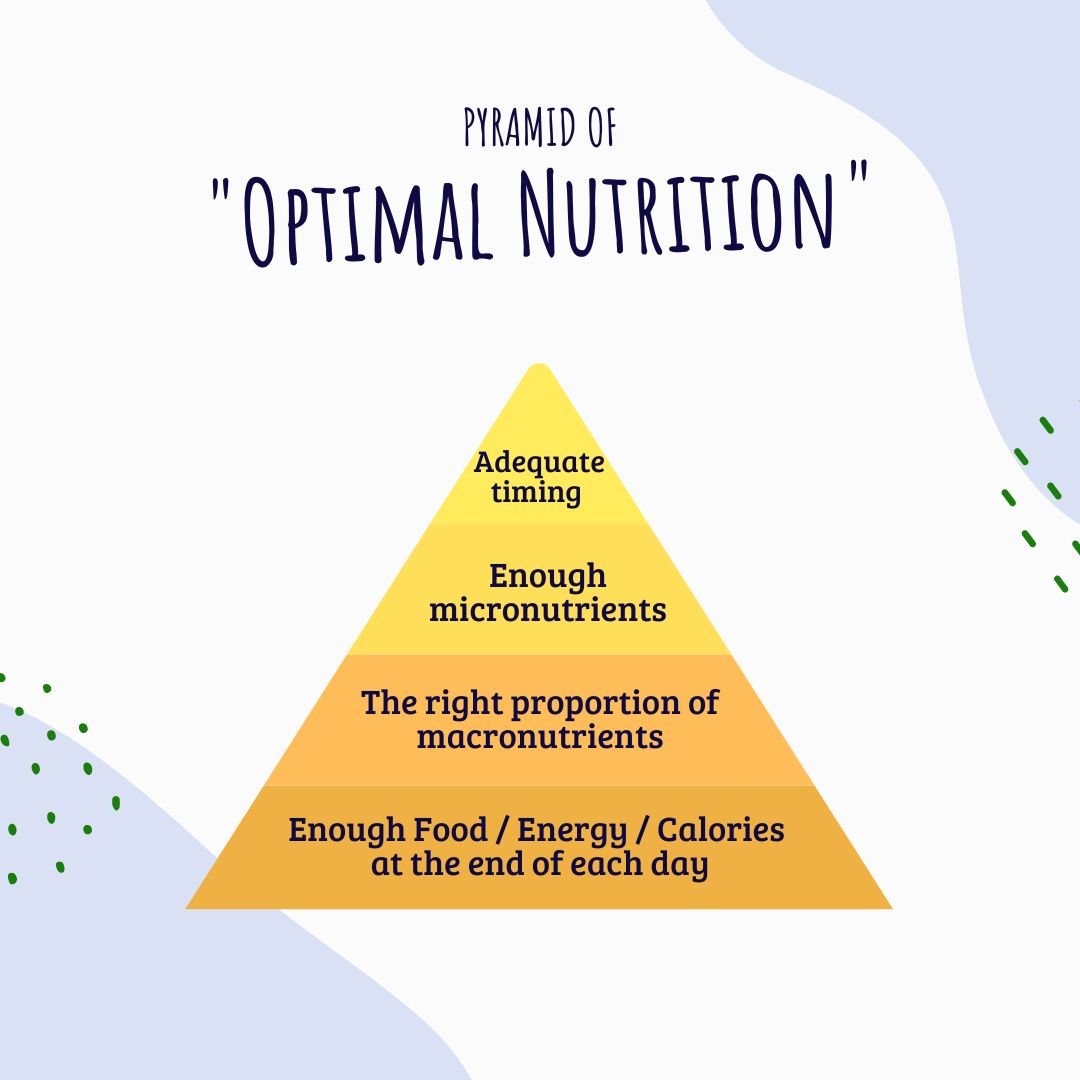
Proper sports nutrition is essential for teen athletes as it directly impacts their performance and overall well-being. Adequate nutrition provides the necessary fuel for physical activity, helps in muscle growth and repair, enhances concentration and cognitive function, and supports overall growth and development. Teenagers have higher energy expenditure and nutrient requirements due to their rapid growth and intense exercise. By focusing on nutrition, teen athletes can optimize their athletic abilities, reduce the risk of injuries, and promote their long-term health. A balanced and nutrient-rich diet is crucial for their success both on and off the field.
How Sports Nutrition Can Enhance Performance
Sports nutrition plays a key role in enhancing the performance of teen athletes. Proper nutrition provides the necessary fuel for physical activity, allowing athletes to perform at their best. Adequate intake of macronutrients such as Carbohydrates are essential in the diet of young athletes, supporting energy levels and activity demands. and proteins supports muscle growth and repair, leading to improved strength and endurance. Consuming the right balance of vitamins and minerals helps maintain optimal body function, including cognitive function and immune health. By fueling their bodies with nutrient-rich foods, teen athletes can optimize their athletic abilities, reduce the risk of injuries, and improve their overall performance on the field, underscoring how athletes need balanced meals tailored to their activity level.
Macronutrients for Teen Athletes
Macronutrients are essential for teen athletes as they provide the energy needed for physical activity and support muscle growth and repair. Carbohydrates are a crucial source of fuel, providing energy for exercise. Protein plays a vital role in muscle development and repair. Teen athletes should consume a mix of lean meats, poultry, fish, dairy products, and plant-based proteins. It is recommended that they consume carbohydrates and proteins in the right proportions to optimize their performance and recovery. Proper intake of macronutrients can enhance athletic performance and support the overall health and well-being of teen athletes, making consultation with a dietitian important for students who specialize in sports.
Carbohydrates
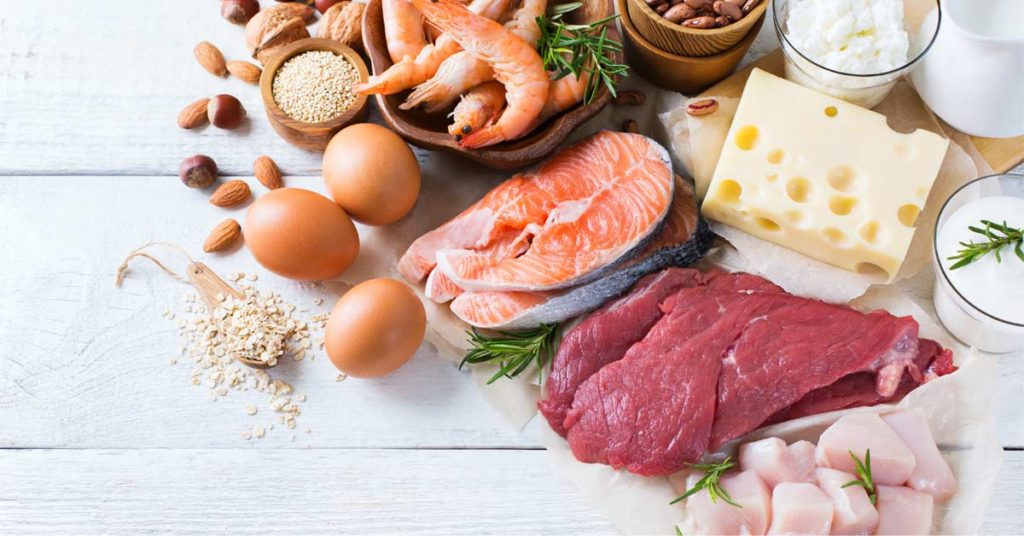
Carbohydrates are a vital macronutrient for teen athletes as they provide the primary source of energy for physical activity. When consumed by athletes, carbohydrates are broken down into glucose, which fuels muscles during exercise and is vital for maintaining sport performance. It is important for teen athletes to consume complex carbohydrates such as whole grains, fruits, and vegetables, as these provide a steady release of energy. Simple carbohydrates found in sugary snacks and beverages should be limited, as they can cause energy spikes and crashes. Fueling the body with the right amount and type of carbohydrates can optimize performance and support proper recovery.
Benefits of Carbohydrates for Energy
Carbohydrates serve as the primary source of energy for teen athletes during physical activity. When consumed, carbohydrates are broken down into glucose, which fuels muscles and supports optimal performance. The benefits of carbohydrates for energy include:
- Sustained Energy: Complex carbohydrates provide a steady release of energy, preventing fatigue during prolonged exercise.
- Enhanced Performance: Adequate carbohydrate intake ensures that muscles have enough fuel to perform optimally, leading to improved endurance and power.
- Quick Energy: Simple carbohydrates, such as fruits, provide quick energy for immediate use during high-intensity activities.
- Glycogen Replenishment: Carbohydrates help replenish glycogen stores in muscles after exercise, promoting faster recovery and reducing muscle soreness.
By including carbohydrates in their diet, teen athletes can optimize their energy levels, endurance, and overall performance.
Carbohydrate Sources for Teen Athletes
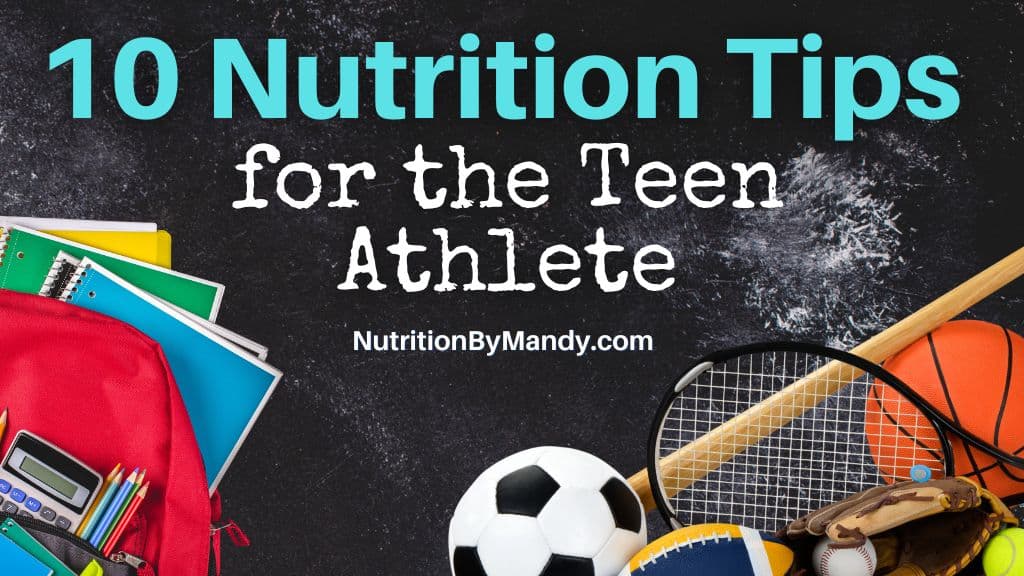
Carbohydrate sources for teen athletes should include a variety of nutrient-dense foods that provide sustained energy. Some healthy options include whole grain bread, pasta, and rice, as well as fruits like bananas and oranges. Vegetables such as sweet potatoes and corn also provide carbohydrates along with essential vitamins and minerals. Additionally, dairy products like milk and yogurt can be good sources of carbohydrates. It’s important for teen athletes to choose carbohydrates that are high in fiber and low in added sugars to support optimal performance and overall health.
Proteins
Proteins play a crucial role in the muscle development and repair of teen athletes. They provide the necessary building blocks for the growth and maintenance of lean muscle mass, which is essential for optimal performance. Good protein sources for teen athletes include lean meats, poultry, fish, eggs, dairy products, and plant-based options like beans, lentils, and tofu. Aim to incorporate a variety of protein-rich foods into meals and snacks throughout the day to ensure proper nutrition and support muscle recovery and growth.
The Role of Protein in Muscle Development
Protein plays a critical role in muscle development for teenage athletes. It is essential for repair and growth of muscle tissues damaged during exercise, as well as for the production of new muscle tissue. Protein provides the necessary building blocks, amino acids, which are responsible for the formation of muscle fibers. Adequate protein intake supports muscle growth and strength, enhancing athletic performance. It is recommended for teen athletes to consume a variety of protein-rich foods, such as lean meats, poultry, fish, eggs, dairy products, and plant-based options like beans and tofu, to meet their protein needs.
Protein-Rich Foods for Teen Athletes
Teen athletes can meet their protein needs by incorporating a variety of protein-rich foods into their diet. Lean meats, such as chicken and turkey, provide high-quality protein. Fish, such as salmon and tuna, are not only rich in protein but also a good source of omega-3 fatty acids. Eggs are a versatile and cost-effective protein option. Dairy products like Greek yogurt and cottage cheese offer both protein and calcium. For vegetarian athletes, plant-based protein sources like beans, lentils, tofu, quinoa, and brown rice are excellent choices, providing the lean protein necessary for muscle repair and sport performance. Including a mix of these protein-rich foods will ensure that teen athletes get the necessary building blocks for muscle development and repair.
Micronutrients for Teen Athletes
Micronutrients play a crucial role in the overall performance and health of teen athletes. Vitamins and minerals assist in energy production, immune function, and muscle recovery. Important vitamins for teen athletes include vitamin C for collagen synthesis and iron absorption, vitamin D for bone health, and B vitamins for energy metabolism. Good sources of these vitamins include fruits, vegetables, whole grains, and lean meats. Essential minerals for teen athletes include calcium for bone health, iron for oxygen transport, and zinc for immune function. Foods such as dairy products, fortified cereals, and leafy greens are rich in these minerals. Incorporating a variety of nutrient-dense foods will ensure that teen athletes receive the necessary micronutrients for optimal performance.
Vitamins
Vitamins are essential micronutrients that play a crucial role in the overall performance and health of teen athletes. Vitamin C aids in collagen synthesis and iron absorption, while vitamin D is important for bone health. B vitamins are involved in energy metabolism and can promote optimal performance. Teen athletes can obtain these vitamins from a variety of foods, including fruits, vegetables, whole grains, and lean meats. Ensuring an adequate intake of vitamins can support energy production, immune function, and muscle recovery in teen athletes.
Essential Vitamins for Optimal Performance

Vitamins play a vital role in supporting the optimal performance of teen athletes. Vitamin C aids in collagen synthesis and iron absorption, which is important for energy production and muscle recovery. Vitamin D is crucial for bone health and can enhance athletic performance. B vitamins are involved in energy metabolism, helping the body convert food into fuel for workouts. Teen athletes can obtain these essential vitamins through a balanced diet that includes fruits, vegetables, whole grains, and lean meats. Adequate intake of these vitamins can contribute to improved energy levels, immune function, and overall athletic performance.
Food Sources of Important Vitamins
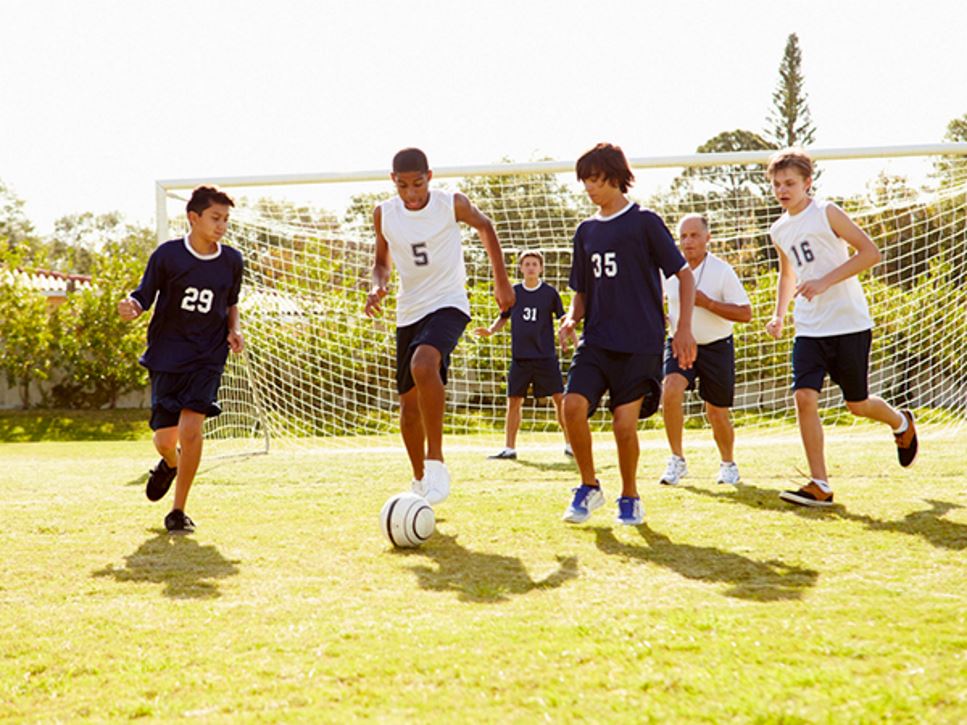
A balanced diet that includes a variety of nutrient-rich foods can provide the essential vitamins needed for optimal performance in teen athletes. Here are some food sources of important vitamins:
- Vitamin C: Citrus fruits, strawberries, kiwi, bell peppers, broccoli, and tomatoes.
- Vitamin D: Fatty fish like salmon and mackerel, fortified milk and orange juice, and egg yolks.
- B vitamins: Whole grains, lean meats, fish, poultry, eggs, dairy products, legumes, and leafy green vegetables.
- Vitamin A: Carrots, sweet potatoes, spinach, kale, and apricots.
- Vitamin E: Nuts, seeds, vegetable oils, and leafy green vegetables.
Incorporating these foods into a well-rounded meal plan can ensure adequate vitamin intake for teen athletes.
Minerals
Minerals play a crucial role in sports nutrition for teen athletes. They are essential for various bodily functions, including muscle contraction, energy metabolism, and bone health. Important minerals for teen athletes include calcium, iron, magnesium, and potassium. Calcium supports bone density and muscle function, while iron aids in oxygen transport and preventing fatigue. Magnesium is involved in energy production and muscle relaxation, and potassium helps maintain proper fluid balance and nerve function. Good sources of minerals for teen athletes include dairy products, leafy green vegetables, lean meats, whole grains, and nuts. Incorporating these mineral-rich foods into their diet can help teen athletes optimize their performance and maintain overall health.
Importance of Minerals in Sports Nutrition
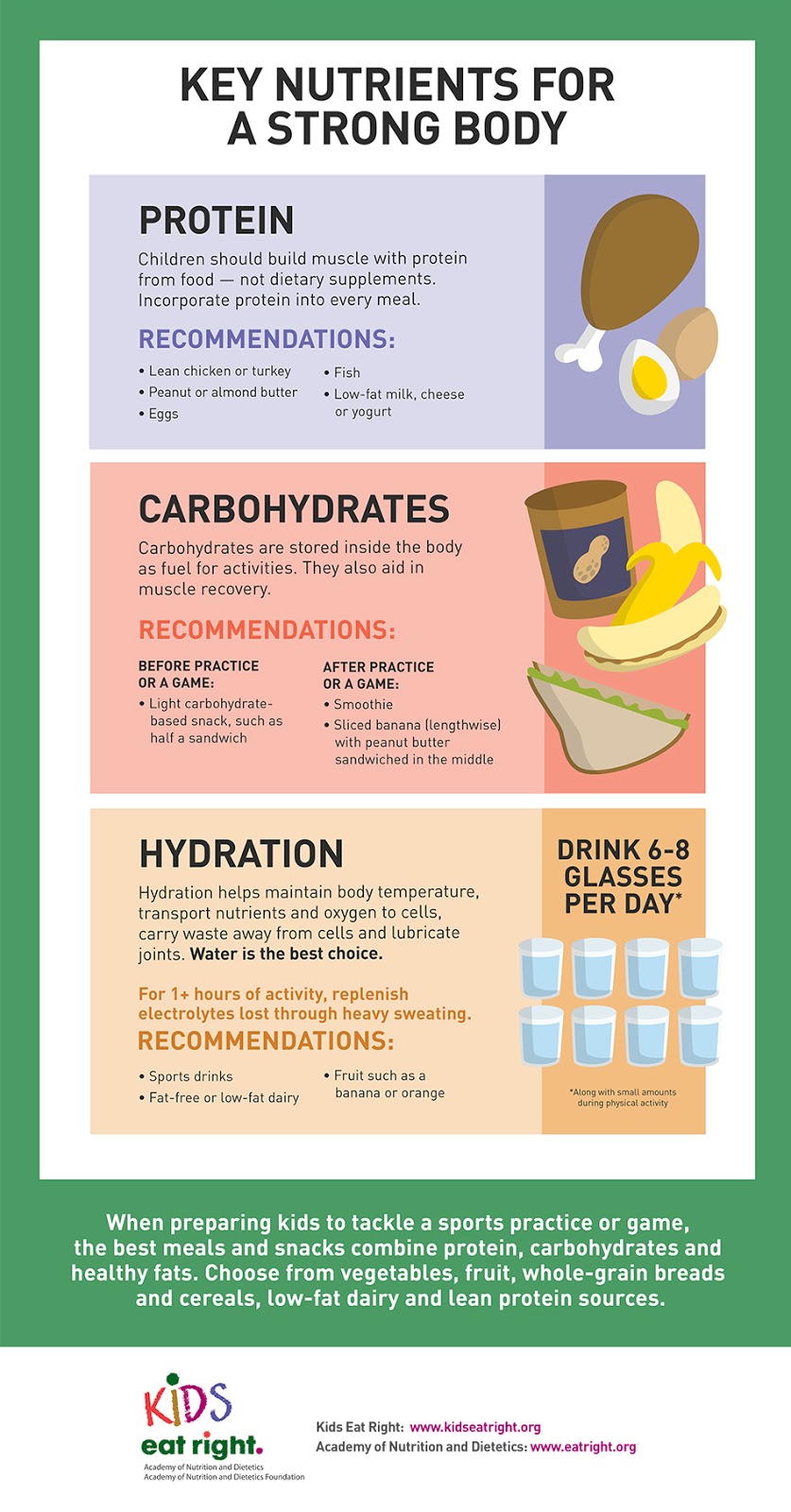
Minerals play a crucial role in sports nutrition for teen athletes. They are essential for various bodily functions, including muscle contraction, energy metabolism, and bone health. Important minerals for teen athletes include calcium, iron, magnesium, and potassium. Calcium supports bone density and muscle function, while iron aids in oxygen transport and preventing fatigue. Magnesium is involved in energy production and muscle relaxation, and potassium helps maintain proper fluid balance and nerve function. Incorporating these mineral-rich foods into their diet can help teen athletes optimize their performance and maintain overall health.
Mineral-Rich Foods for Teen Athletes

Incorporating mineral-rich foods into their diet is essential for teen athletes to optimize their performance and overall health. Some mineral-rich foods that they should include in their meals and snacks are:
- Calcium: Dairy products like milk, yogurt, and cheese, as well as leafy green vegetables like spinach and kale.
- Iron: Red meat, poultry, seafood, beans, lentils, and fortified cereals.
- Magnesium: Whole grains, nuts, seeds, legumes, and dark chocolate.
- Potassium: Bananas, oranges, avocados, potatoes, and beans.
These foods provide a natural and nutrient-rich source of minerals that support healthy growth, muscle function, and energy production for teen athletes, aligning with the dietary guidance provided by sport performance dietitians.
Pre-workout and Post-workout Nutrition
Pre-workout nutrition plays a critical role in fueling the body before exercise for optimal performance. Teen athletes should focus on consuming a meal or snack that combines carbohydrates and protein to provide energy and support muscle development. It’s recommended to consume this meal or snack 1-2 hours before exercise to allow for proper digestion. Some nutritious pre-workout snack ideas for young athletes include Greek yogurt with fruit, a peanut butter and banana sandwich, or a protein smoothie with added greens to optimize their activity level. Remember to listen to your body and choose foods that are easily digestible and provide sustained energy.

Post-workout nutrition is crucial for teen athletes as it helps with muscle recovery, glycogen replenishment, and promoting optimal growth. After intense exercise, the body needs a combination of carbohydrates and protein to repair and rebuild muscles. Consuming a post-workout meal or snack within 30 minutes to an hour after exercise is recommended. Great options include a protein shake With added carbohydrates, a chicken or turkey sandwich with whole grain bread, or Greek yogurt with berries can fuel young athletes effectively. Remember to hydrate adequately post-workout to aid in recovery and replace lost fluids.
Pre-Workout Nutrition
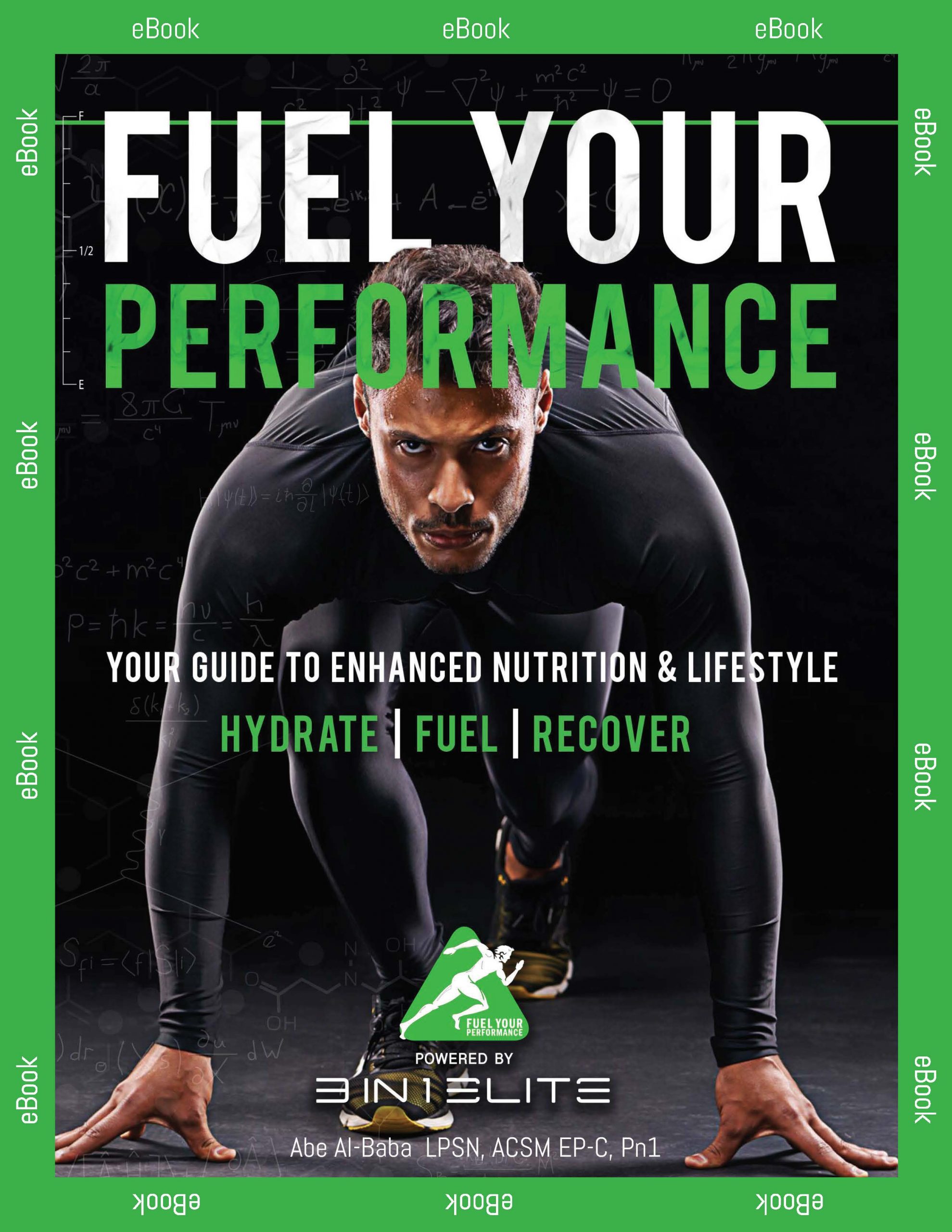
Pre-Workout Nutrition:
Proper pre-workout nutrition is essential for teen athletes to optimize their performance. Consuming a balanced meal or snack before exercise ensures that the body has enough fuel to sustain energy levels during training or competition. It is recommended to consume a meal containing carbohydrates, such as whole grains or fruits, and a moderate amount of protein. This combination provides the necessary nutrients for energy production and muscle support. Additionally, staying adequately hydrated before workouts is crucial. Avoid heavy, high-fat meals that can cause digestive discomfort during exercise.
Fueling the Body Before Exercise

Fueling the body before exercise is crucial for teen athletes to perform at their best. Consuming a balanced meal or snack prior to a workout provides the necessary fuel and nutrients needed for optimal performance. The meal should consist of carbohydrates, such as whole grains or fruits, to provide energy, and a moderate amount of protein for muscle support. It is important to avoid heavy, high-fat meals that can cause digestive discomfort during exercise. Additionally, staying properly hydrated before a workout is essential. Adequate pre-workout nutrition ensures that the body has enough energy to sustain physical activity and enhances overall performance.
Nutritious Pre-Workout Snack Ideas

For teen athletes, choosing the right pre-workout snack can provide the necessary energy and nutrients to fuel their performance. Here are some nutritious snack ideas to consider:
- Banana with nut butter: A banana provides essential carbohydrates while nut butter adds protein and healthy fats.
- Greek yogurt with berries: Greek yogurt is rich in protein, and the addition of berries adds antioxidants and carbohydrates.
- Trail mix: A mix of nuts, seeds, and dried fruits can provide a balance of carbohydrates, protein, and fats.
- Whole grain toast with avocado: Whole grain bread offers complex carbohydrates, and avocado provides healthy fats and fiber.
- Energy bars: Look for bars that contain a mix of carbohydrates, protein, and healthy fats for sustained energy.
Remember, the timing of your pre-workout snack is important. Aim to eat your snack 1-2 hours before exercise to allow for digestion and absorption of nutrients.
Post-Workout Nutrition
Post-workout nutrition plays a crucial role in aiding recovery and maximizing the benefits of exercise. After a workout, the body needs to replenish glycogen stores, repair damaged muscles, and promote muscle protein synthesis. Consuming a post-workout meal or snack that contains a balance of carbohydrates and protein within 30 minutes to an hour after exercise is recommended. This helps to restore energy levels, reduce muscle soreness, and promote muscle growth and repair. Examples of post-workout foods for athletes include a protein shake, chicken breast with sweet potatoes, or a Greek yogurt with fruit to support muscle recovery and sport performance.
Replenishing Nutrients After Exercise
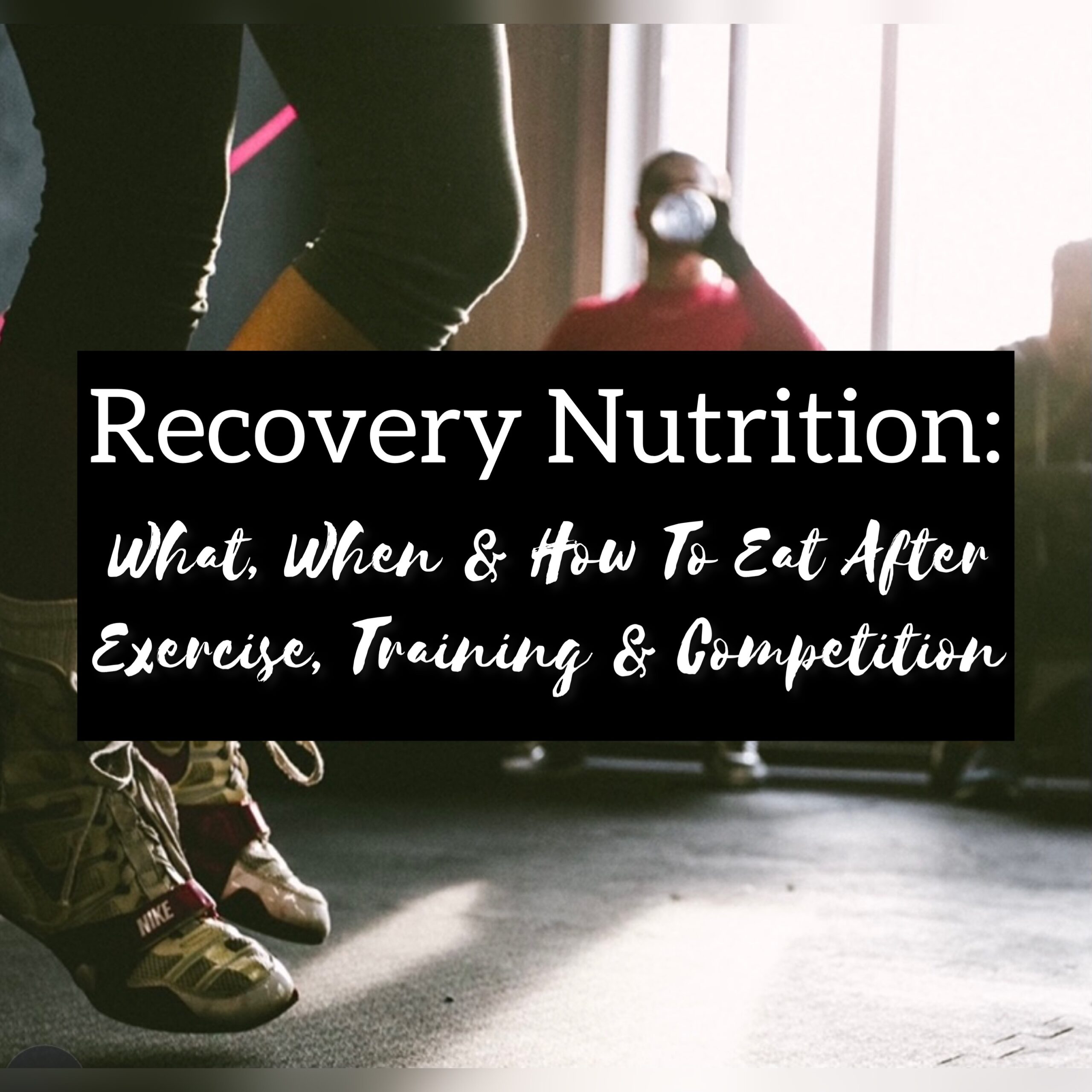
Replenishing nutrients after exercise is crucial for teen athletes to aid in recovery and optimize performance. Consuming a post-workout meal that includes a balance of carbohydrates and protein within 30 minutes to an hour after exercise is recommended. This helps to restore energy levels, reduce muscle soreness, and promote muscle growth and repair. Examples of post-workout foods include a protein shake, chicken breast with sweet potatoes, or a Greek yogurt with fruit. It is important for teen athletes to prioritize replenishing nutrients after exercise to support their overall athletic performance.
Recommended Post-Workout Meal Options
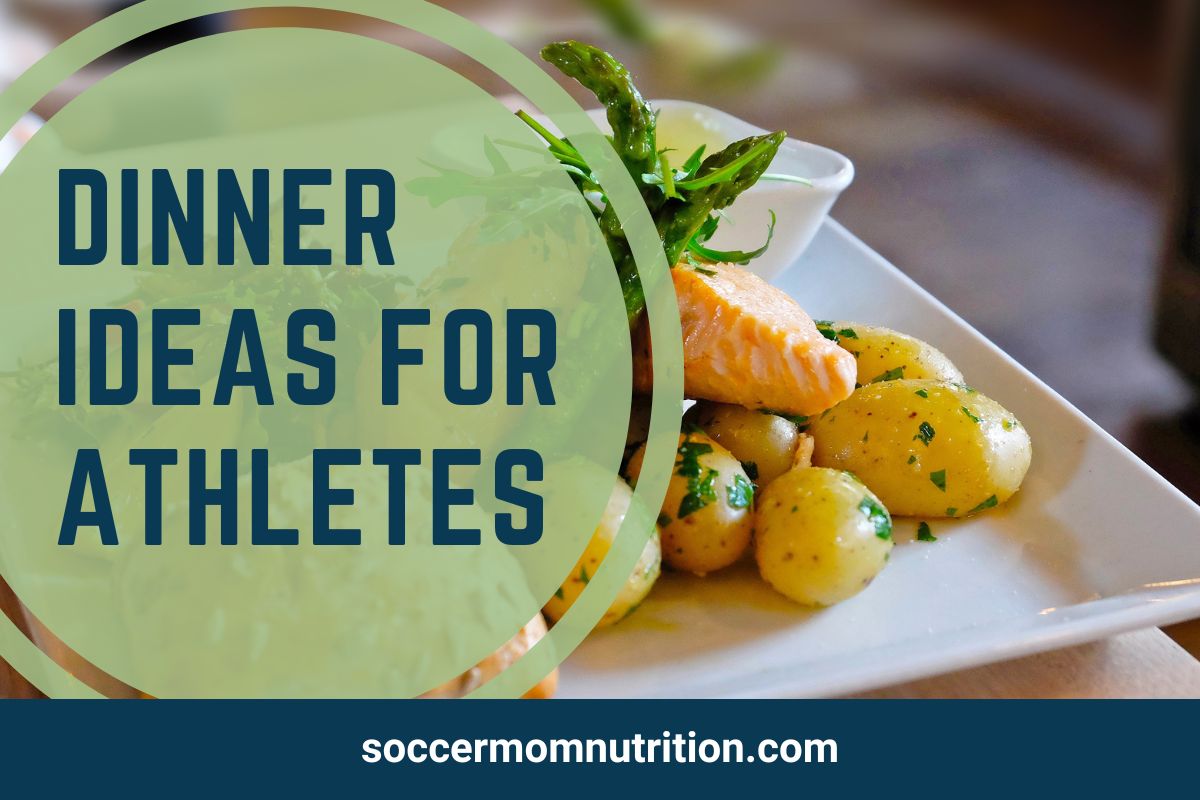
Following a workout, it is essential for teen athletes to replenish their energy and aid in muscle recovery. Some recommended post-workout meal options include a protein shake with fruits or vegetables, a grilled chicken or turkey sandwich on whole grain bread, or a Greek yogurt with granola and berries. These meals provide a combination of protein and carbohydrates to help restore energy levels and promote muscle repair. It is important for teen athletes to choose nutrient-dense foods that will support their athletic performance and overall health.
Hydration for Teen Athletes
Hydration plays a crucial role in the performance of teen athletes. Proper hydration is essential for maintaining optimal body temperature, preventing fatigue, and aiding in muscle function. Teen athletes should aim to drink water throughout the day to maintain hydration levels. During exercise, they should drink water before, during, and after their sessions. Sports drinks can be beneficial during prolonged intense exercise to replenish electrolytes lost through sweat. It is important for teen athletes to listen to their body’s thirst cues and ensure they are adequately hydrated to perform at their best.
The Significance of Proper Hydration
Proper hydration is essential for teen athletes to perform at their best. Hydration plays a vital role in maintaining optimal body temperature, preventing fatigue, and supporting muscle function. Dehydration can lead to decreased endurance, impaired cognitive function, and an increased risk of heat illness, particularly in young athletes who may not yet fully understand their body weight and hydration needs. It is recommended that teen athletes drink water consistently throughout the day and during exercise to ensure they are adequately hydrated. Thirst is not always an accurate indicator of hydration status, so it is important to proactively drink fluids. Adequate hydration is crucial for optimal performance and overall health.
Tips for Staying Hydrated During Training
During training, teen athletes should follow these tips to stay properly hydrated:
- Drink fluids before, during, and after exercise to replenish lost fluids.
- Consume sports drinks that contain electrolytes for prolonged and intense workouts.
- Monitor urine color to ensure proper hydration. Pale yellow urine indicates adequate hydration, while dark yellow urine suggests dehydration.
- Stay away from sugary and caffeinated beverages, as they can lead to dehydration.
- Set reminders to drink fluids regularly to prevent forgetting.
- Carry a water bottle during training sessions for easy access to fluids.
Conclusion
In conclusion, proper sports nutrition plays a vital role in enhancing the performance of teen athletes. By meeting their macronutrient and micronutrient needs, teenagers can support muscle development, optimize energy levels, and improve overall athletic performance. Pre and post-workout nutrition and Hydration strategies are crucial for maintaining body weight and ensuring optimal sport performance in young athletes. are essential to fuel the body and replenish lost nutrients during training. It is crucial for teenage athletes to prioritize consistent and balanced nutrition to achieve their full potential on the field or court. By following evidence-based recommendations and seeking professional advice, teen athletes can optimize their nutrition and fuel their performance.
Summary of Sports Nutrition Tips for Teen Athletes
In summary, proper sports nutrition is crucial for teen athletes to enhance their performance. This includes meeting their macronutrient needs, such as carbohydrates and proteins, which provide energy and support muscle development. Teen athletes should also focus on consuming a variety of micronutrients, such as vitamins and minerals, to support overall health and performance. Pre and post-workout nutrition is essential to fuel the body and replenish lost nutrients. Moreover, staying properly hydrated is crucial for optimal performance. By prioritizing consistent and balanced nutrition, teen athletes can fuel their performance and reach their full potential on the field or court.
Importance of Consistent and Balanced Nutrition for Overall Performance
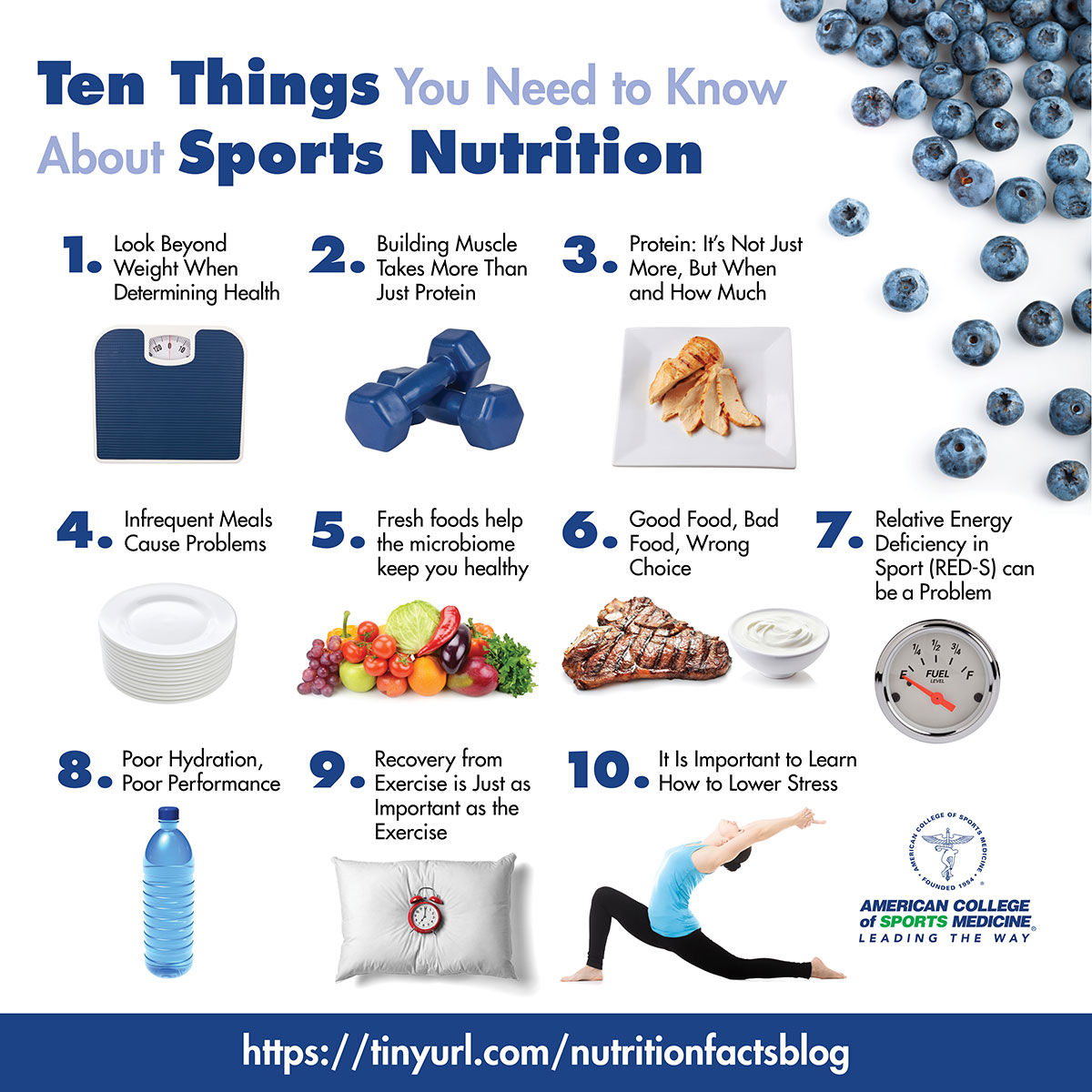
Consistent and balanced nutrition is vital for overall performance in teen athletes, with a focus on lean proteins, carbohydrates, and hydration strategies recommended by dietitians. It provides the necessary fuel to support physical activity, helps muscles recover and grow, boosts immune function, and is particularly crucial for young athletes to support their heightened activity level. By consistently meeting their nutritional needs, teen athletes can maintain energy levels, promote optimal growth and development, and reduce the risk of injuries and illnesses. Balanced nutrition ensures a variety of essential nutrients are consumed, supporting overall health and performance. By prioritizing their nutrition, teen athletes can maximize their potential and perform at their best on the field or court.
As a veteran fitness technology innovator and the founder of GearUpToFit.com, Alex Papaioannou stands at the intersection of health science and artificial intelligence. With over a decade of specialized experience in digital wellness solutions, he’s transforming how people approach their fitness journey through data-driven methodologies.
